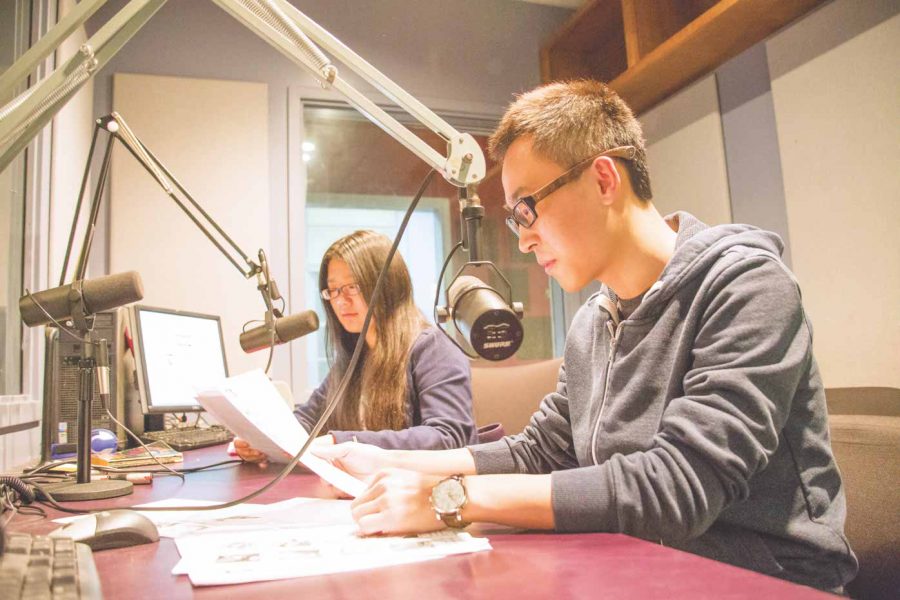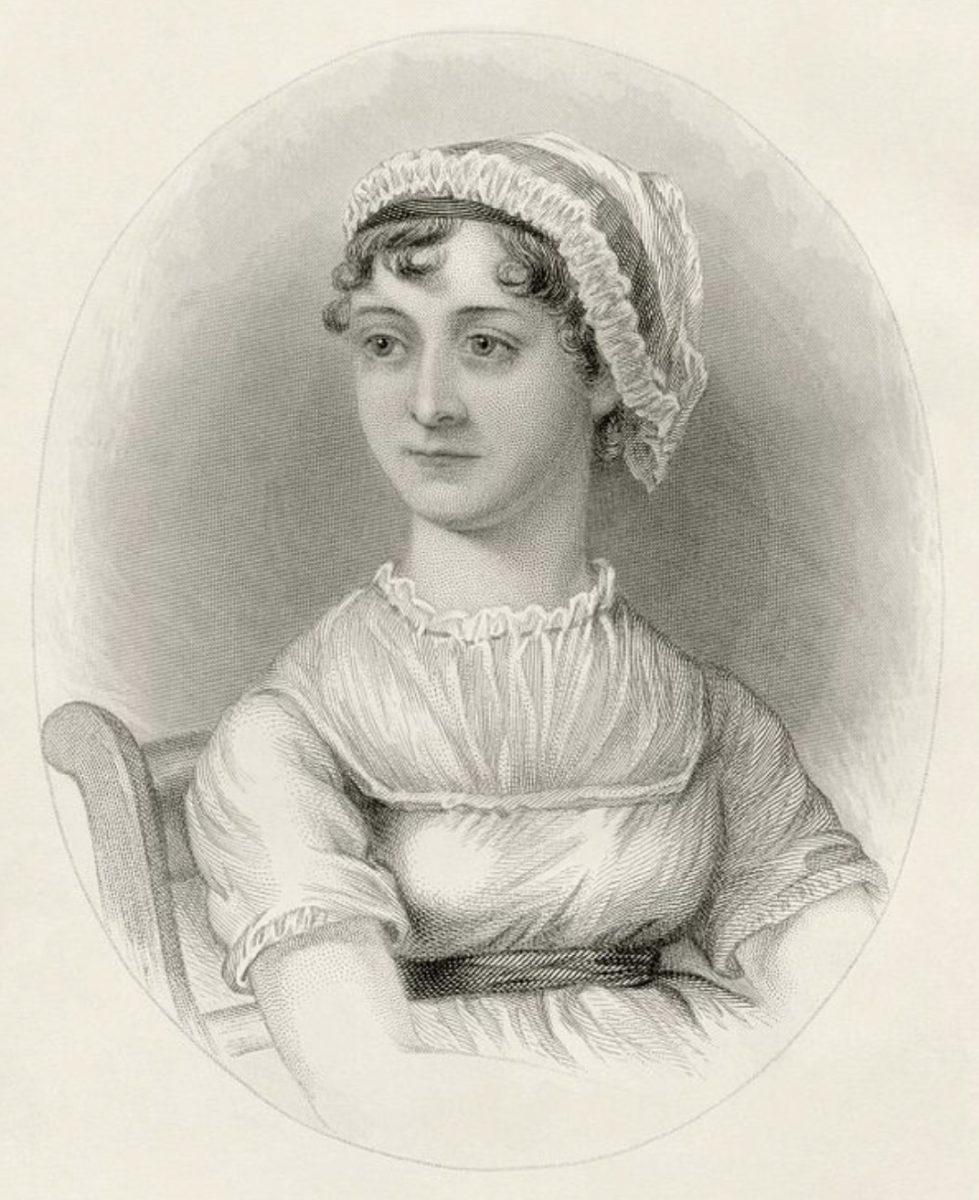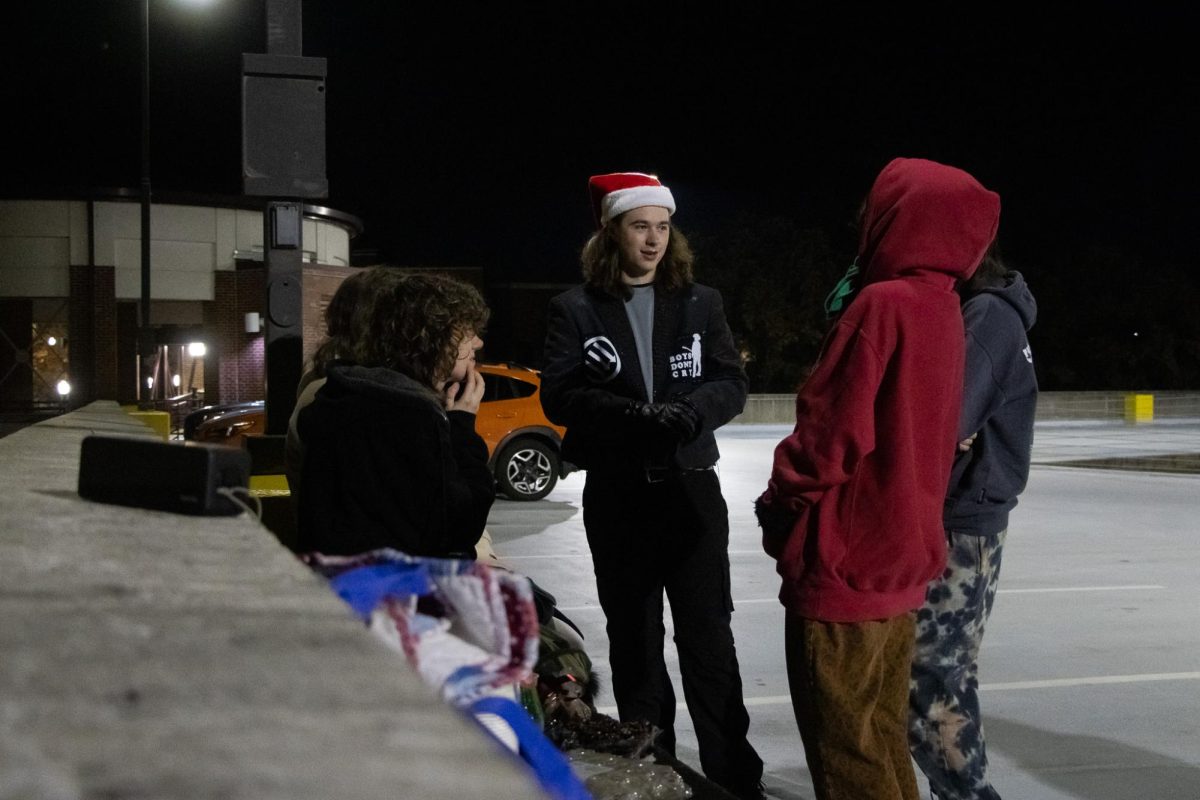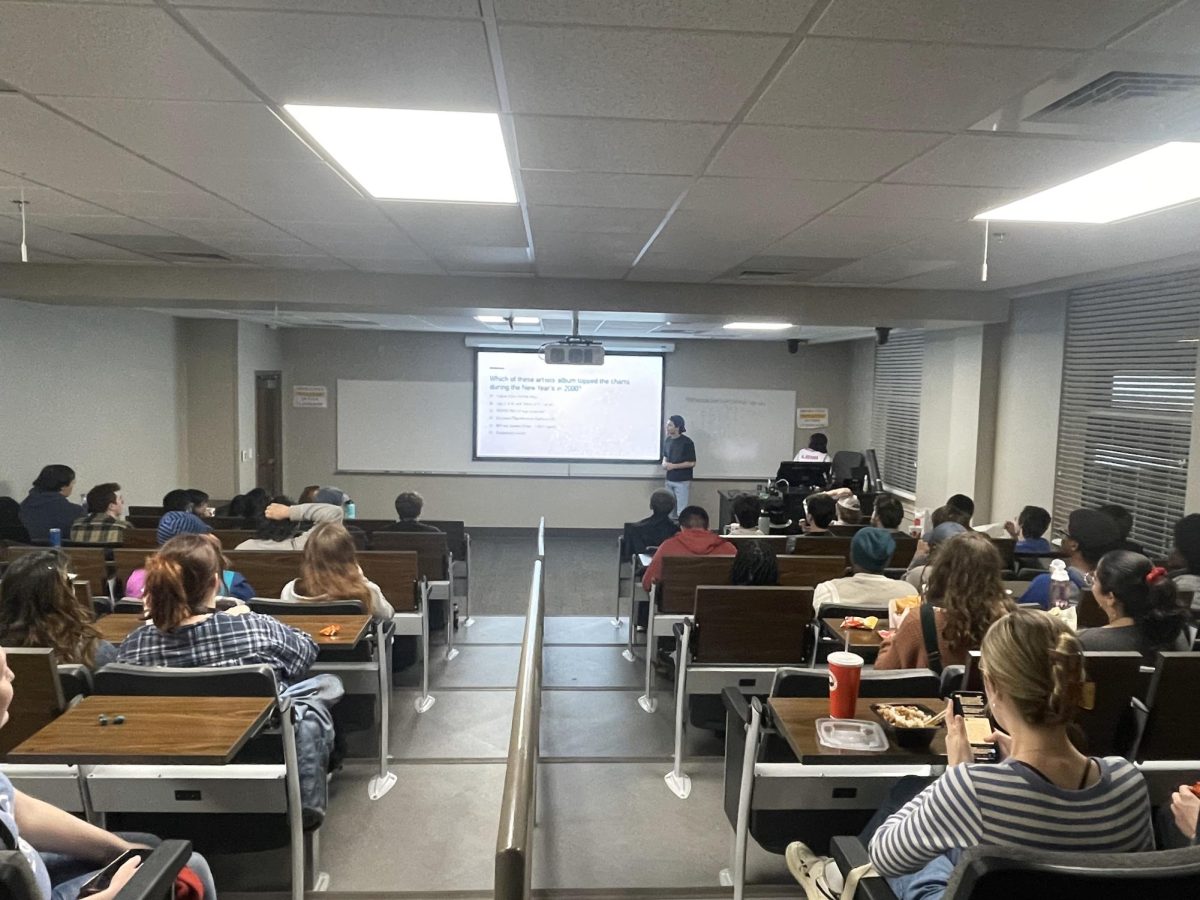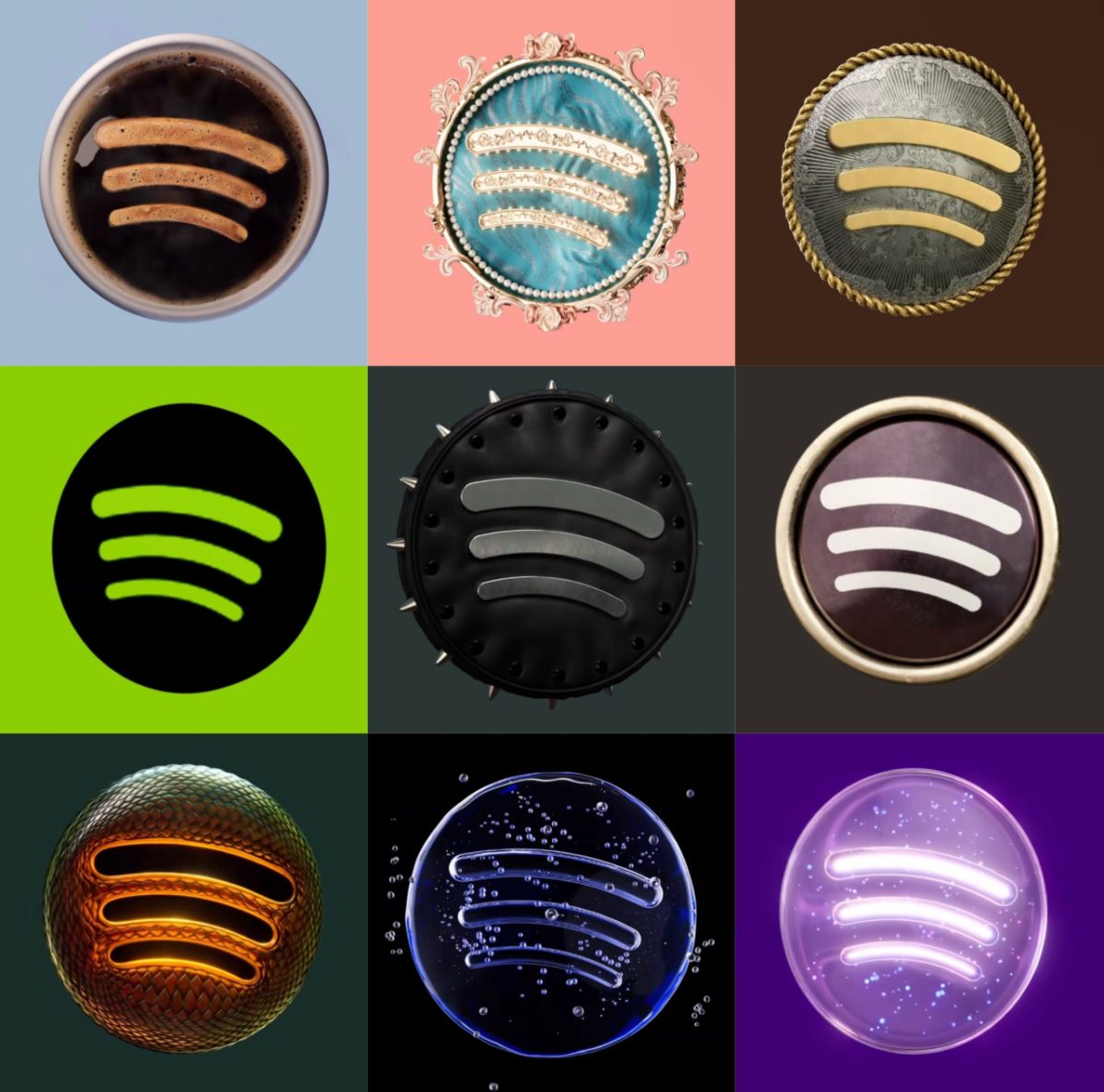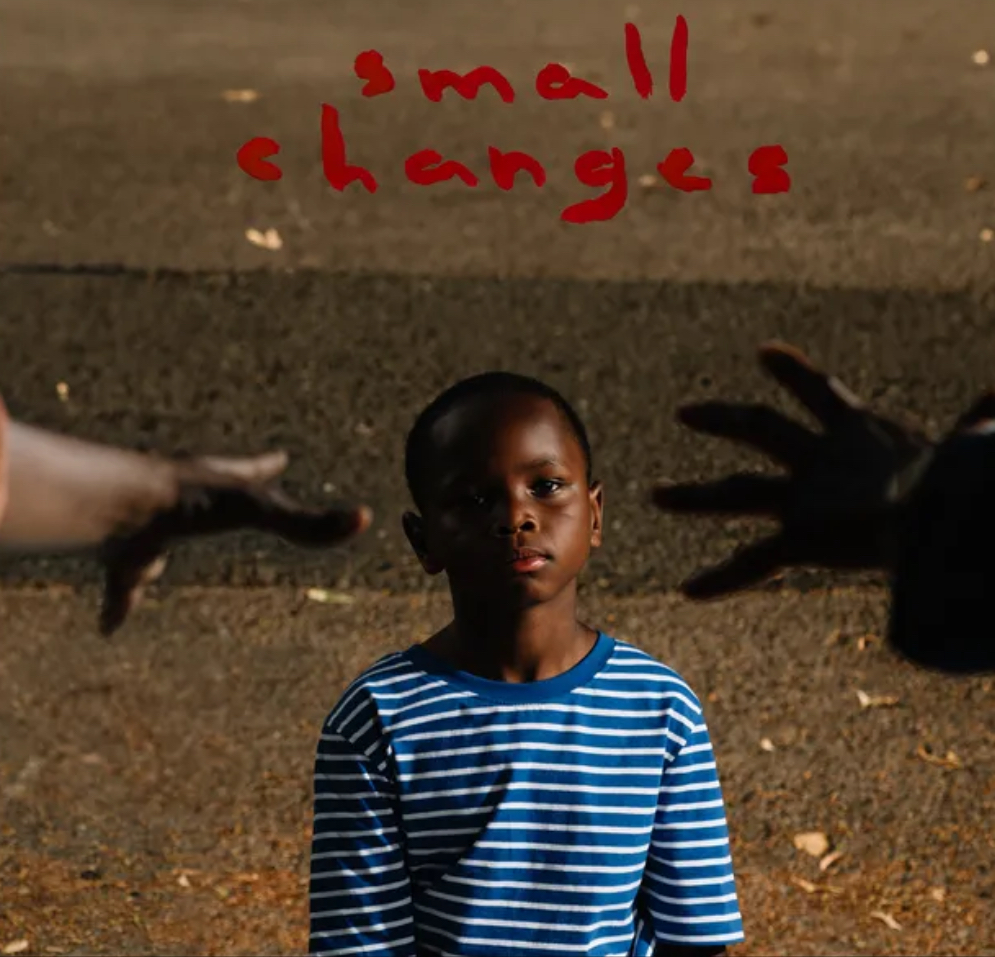It’s Thursday night, and the halls of Reese Phifer Hall have long been empty. However, up three sets of winding stairs, down a hallway that smells of pizza, two of the building’s remaining occupants can be found in the WVUA studio. The time, after all, is 10 p.m., and Sirui Shao and Jin Wang are hosting “A Channel,” a Chinese culture radio show.
Sirui Shao, a junior majoring in finance, and her co-host Jin Wang, a second-year graduate student in mechanical engineering, started “A Channel” to explore the culture difference between China and the U.S.
“A lot of Chinese students come to America, and they have a communication gap,” Shao said. “And a lot of American students want to study abroad in China, but don’t know anything about Chinese culture.”
Last semester, Shao decided to bridge the culture gap, and created a proposal for the on campus radio station, WVUA-FM. She then posted on Facebook to look for a co-host, and Wang joined her in the project.
(See also “Radio show offers look at mental health: ‘Brain Matters’ airs casual conversations on stress, depression“)
“I always wanted to be a sports host, and this is kind of different, but I think it’s cool,” Wang said. “It gives us a platform to promote Chinese culture.”
In a typical broadcast, Shao and Wang discuss current events, travel tips and Chinese music. They also play three songs, of Chinese and American style, during each show that relate to the broadcast topics.
“We talked about the Chinese Spring Festival, and right now we are doing the top 10 cities for eating in Asia,” Shao said.
To prepare for the show, Wang and Shao brainstorm together and consult their Chinese and American friends for suggestions. Wang has plans to discuss and introduce American football to Chinese students.
“I want to become the first professional football narrator in China,” Wang said. “We’re planning on doing a video piece about the sport.”
Shao said she wants to discuss the origin behind Chinese traditions, to teach students from America and China. Shao said many Chinese students themselves are not aware of the story behind traditional celebrations and encourages Chinese students and American students interested in China to check out the show. She believes that freshmen, or any first-year students from China, can benefit from the discussion as they assimilate into life at The University of Alabama.
(See also “Local radio stations provide platform for area musicians“)
“When I was a freshman, I did not have a lot of American friends. A lot of Chinese students hang out with each other and only speak Chinese,” Shao said. “I think a lot of freshmen have this problem because they are not speaking English since they are afraid of making mistakes.”
While it is important for international students to embrace the culture in Alabama, Wang said it is not about erasing their Chinese roots, but rather embracing both lifestyles.
“They’re saying I became Americanized very fast, but it’s a parallel thing,” Wang said. “They don’t conflict each other. I’m adaptive to both of them.”
Wang and Shao will continue the show for the rest of 2014, and said they are open to exploring a variety of topics and bringing in guests for commentary. However, Wang will graduate in December 2014, so Shao must find a new partner for spring 2015, preferably a Chinese student or student who has lived in China.
A Channel broadcasts live every Thursday at 10 p.m. on WVUA-FM 90.7 and online at wvuafm.ua.edu.
(See also “Trip focuses on media in China“)



